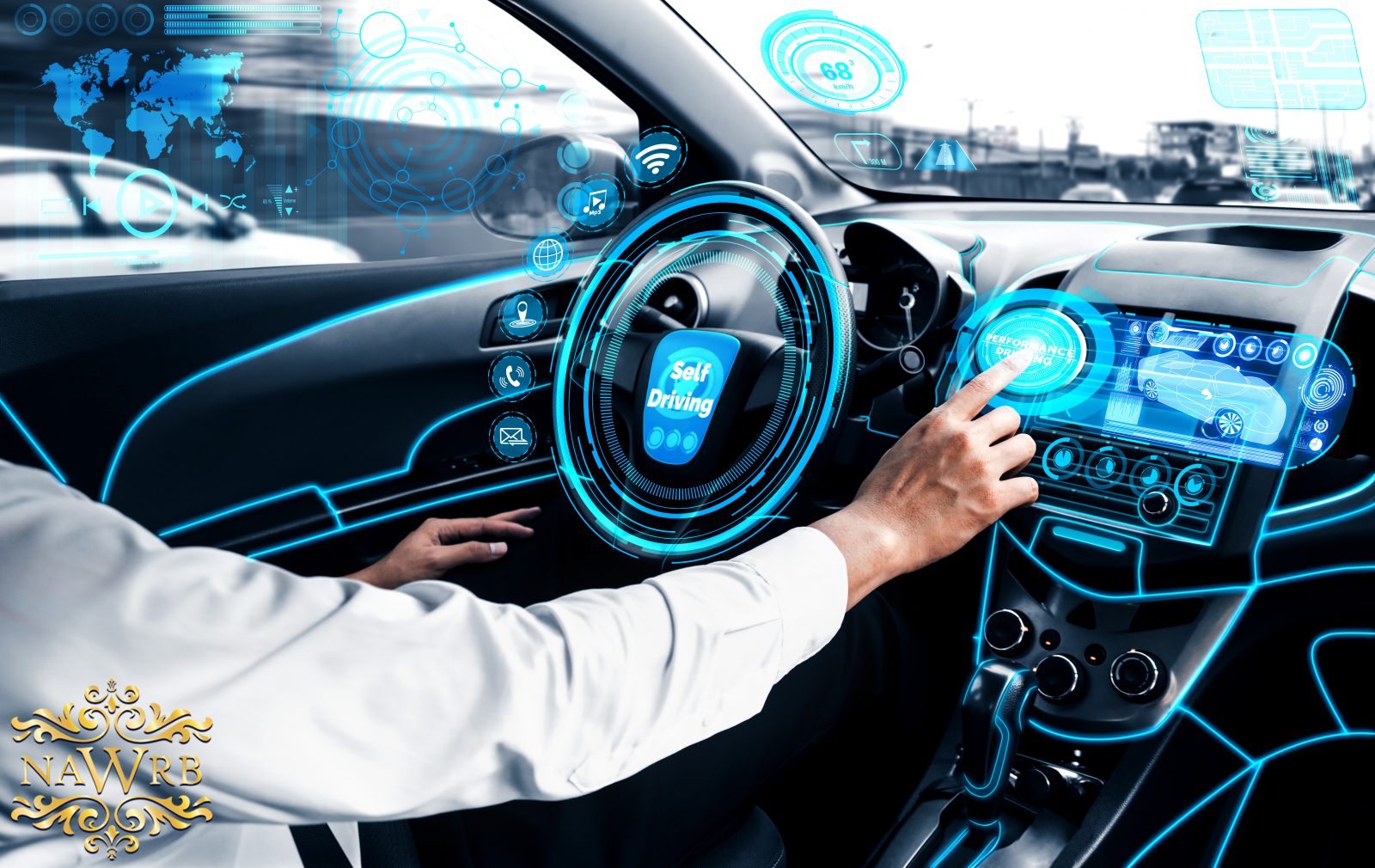Technological innovations taking place on a daily basis arouse excitement and anticipation, but how will they affect the future economy and job market for American workers? We have witnessed self-checkout machines transform grocery stores, allowing companies to have fewer cashiers on hand, and the swiftness with which video streaming services led to the end of once thriving video stores around the country.
One of the most pressing developments currently at hand is that of the self-driving car, which could affect millions of workers across various industries.
In a recent report, The Employment Impact of Autonomous Vehicles, the U.S. Department of Commerce Office of the Chief Economist reveals the potential effects of self-driving cars on the workforce. The study separates workers in driving occupations into two groups, “motor vehicle operators” (truck drivers, bus drivers) and “other on-the-job drivers” (construction workers, repairmen, first responders), revealing:
- In 2015,
- 5 million U.S. workers had jobs that could be affected by self-driving cars (1 in 9 workers)
- there were 3.8 million “motor vehicle operators,” jobs in which driving a vehicle “to transport persons and goods” is a major activity
- there were 11.7 million “other on-the-job drivers,” who use vehicles to deliver services or travel to their work sites
As the report asserts, “motor vehicle operators” are at higher risk of being displaced by self-driving vehicles than other driving-related occupations. With a relative importance of driving at an enormous 86.1 percent, these workers face a huge dilemma. On the other hand, “other on-the-job drivers” are better poised to adapt to self-driving vehicles, as significant portions of their tasks fall outside of operating a vehicle.
Self-driving vehicles are positioned to transform the American labor market. For jobs in which driving is a primary activity—where workers receive lower compensation and only 7.6 percent had a bachelor’s degree or higher in 2015—this represents an alarming challenge.
How will these workers adapt to the self-driving car, and how will the labor force and economy adjust as technological advancements brazenly alter the world we live in?

 Login
Login

